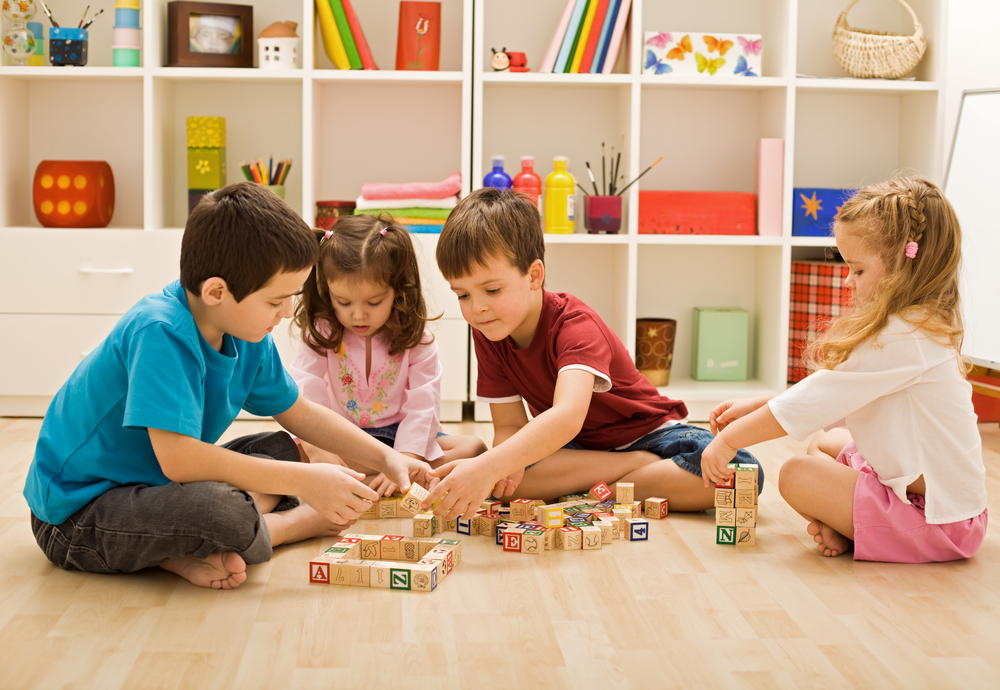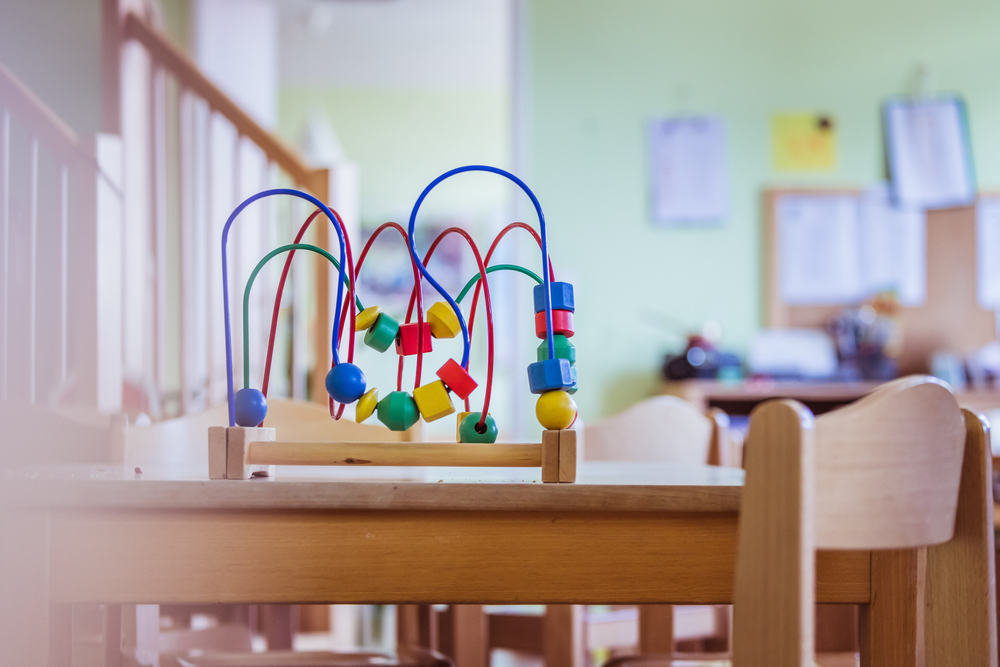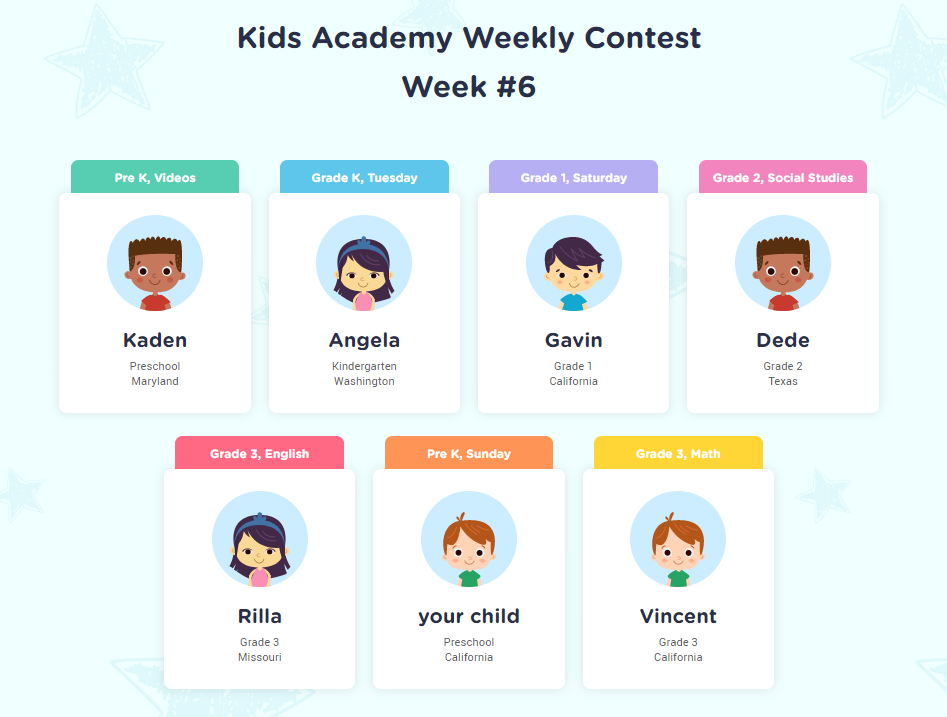Comparison Skills Easy Worksheets for Ages 3-9
3 filtered results
-
From - To
Discover engaging "Comparison Skills Easy Worksheets" designed specifically for children ages 3-9! Our fun and interactive worksheets help young learners develop essential comparison skills, critical for their cognitive development. With vibrant visuals and age-appropriate activities, kids will enjoy exploring concepts like greater than, less than, and equal to. Perfect for classroom use or at-home learning, these worksheets reinforce key mathematics foundations while promoting analytical thinking. Each worksheet encourages curiosity and boosts confidence in recognizing differences and similarities among objects. Help your child master comparison skills today and lay a strong foundation for future learning. Start exploring our resourceful collection now!
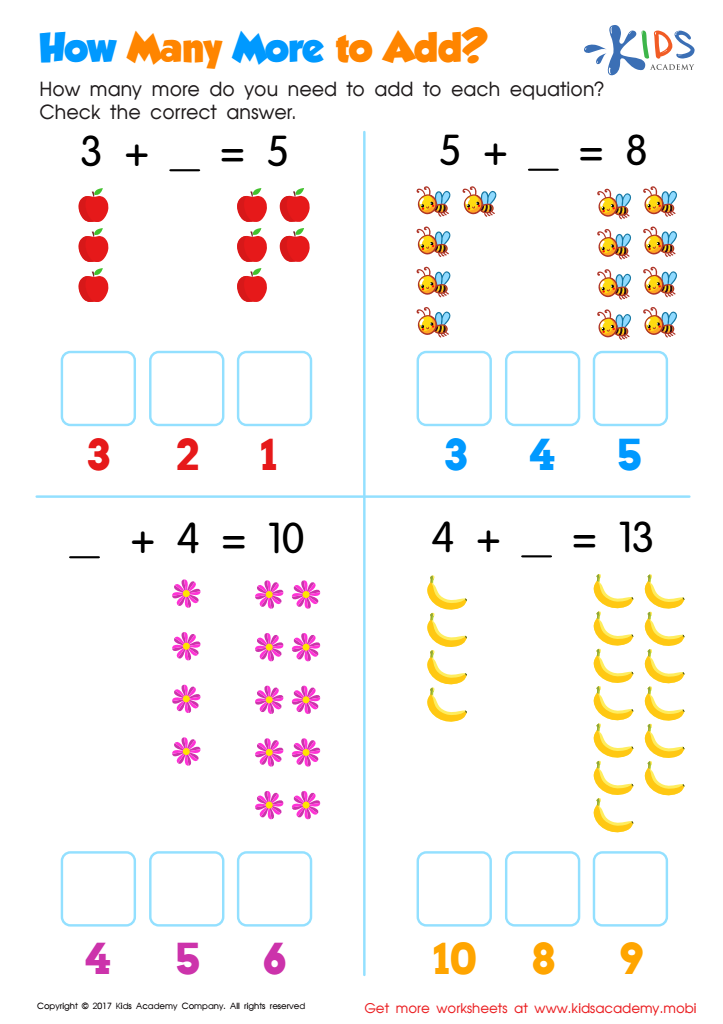

How Many More to Add Worksheet
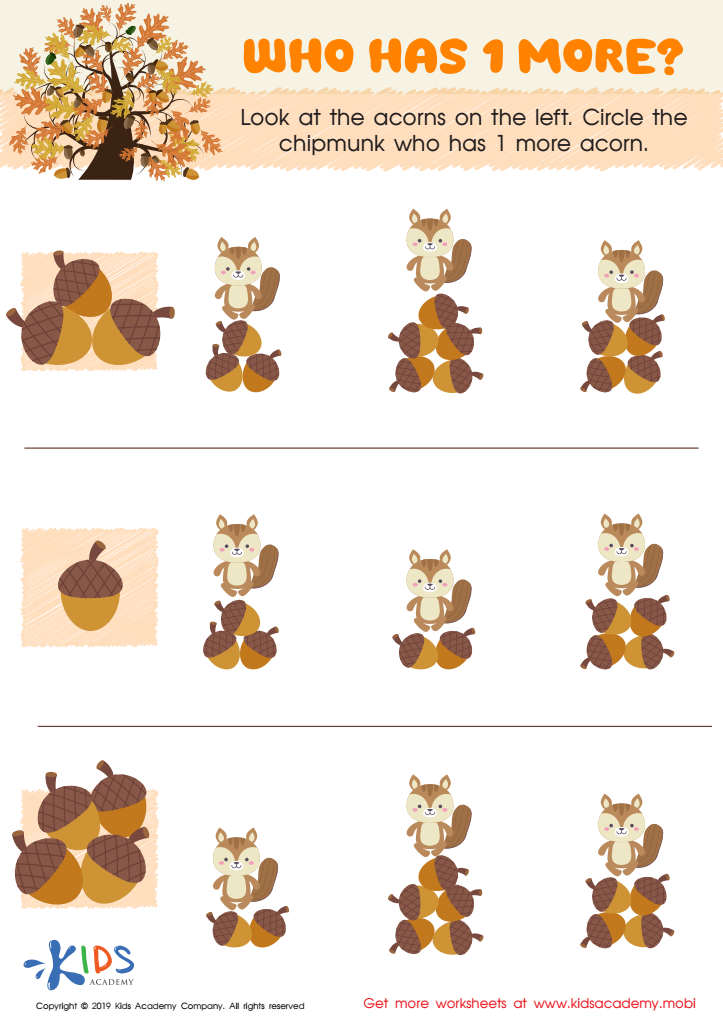

Who Has 1 More? Worksheet
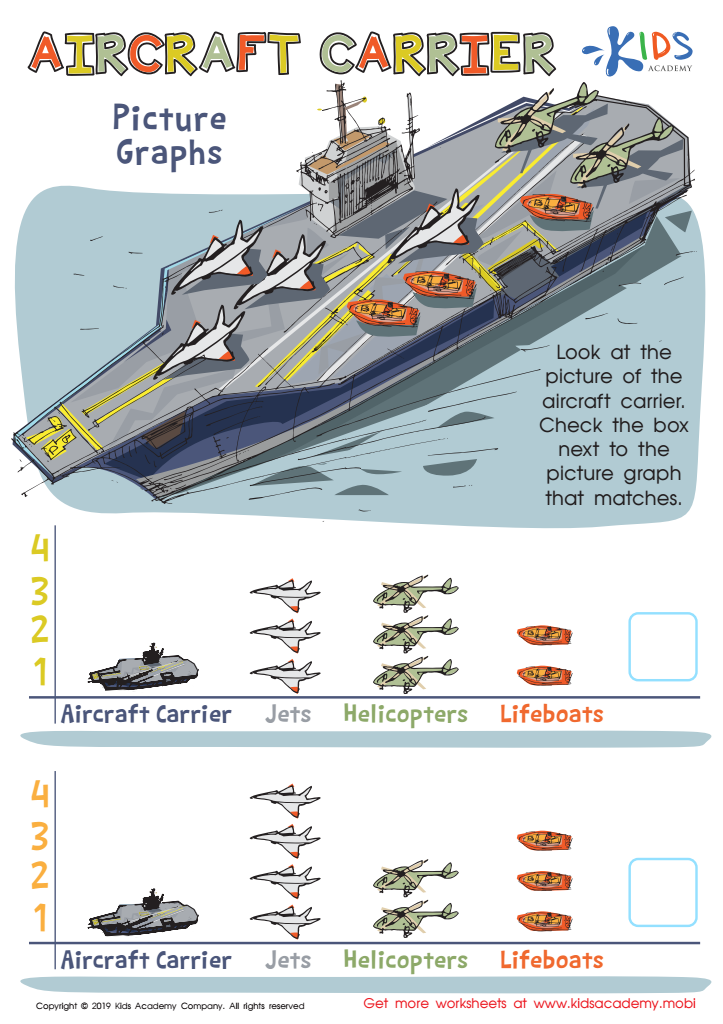

Aircraft Carrier Picture Graphs Worksheet
Comparison skills are vital for children aged 3-9, as they lay the foundation for critical thinking and cognitive development. During these formative years, children are naturally curious and eager to explore the world around them. By developing comparison skills, they learn to evaluate differences and similarities between objects, ideas, and experiences, which enhances their analytical abilities.
For parents and teachers, fostering comparison skills can promote literacy and numeracy. For example, when children compare the sizes of objects, they practice measurement concepts used in math. In reading, comparing characters or settings aids comprehension and encourages deeper interactions with stories. Furthermore, comparison skills help children articulate their thoughts and reasoning, enhancing their communication abilities.
Additionally, these skills foster social-emotional development. As children compare themselves to peers, they develop a sense of self-awareness and learn to appreciate diversity among individuals. This understanding can also promote empathy and cooperation.
Ultimately, encouraging comparison skills equips children with tools for problem-solving and decision-making, essential for their future academic and social success. Parents and teachers play a crucial role in nurturing these abilities, making it a priority in early education to shape well-rounded, confident learners.
 Assign to My Students
Assign to My Students







